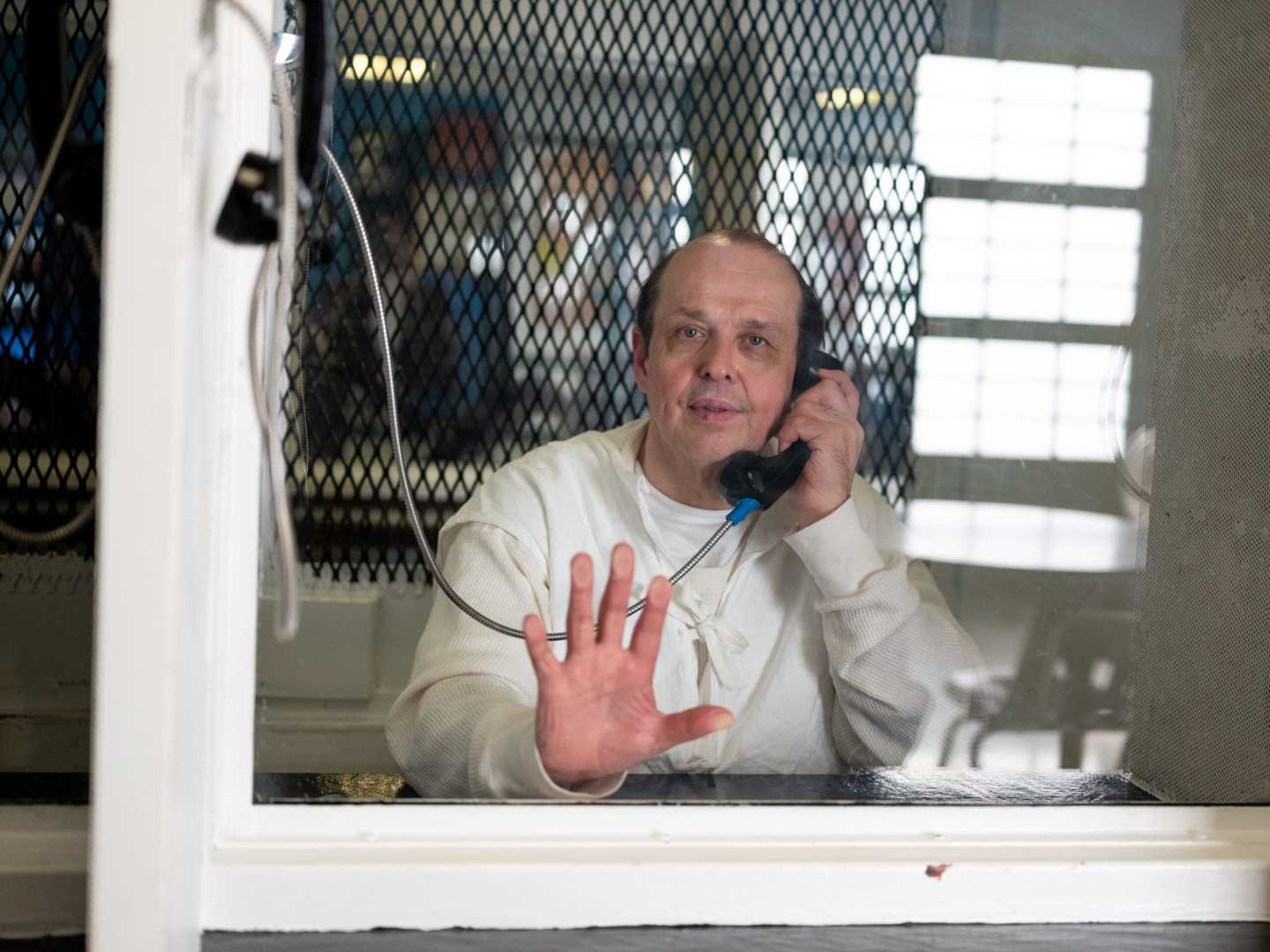News
Execution of Texan Convicted in Shaken Baby Syndrome Case Halted

A Texas judge has issued a temporary halt to the execution of Robert Roberson, the first man in the United States set to be executed for a murder conviction tied to “shaken baby syndrome.” The execution was blocked less than two hours before it was scheduled to take place.
Roberson, age 57, was sentenced to death in 2003 for the death of his two-year-old daughter, Nikki Curtis. A post-mortem examination concluded that she died from injuries consistent with abuse. Roberson, along with his legal team, contends that Nikki died due to complications arising from pneumonia.
The temporary restraining order was granted by a Travis County judge following a request from a Texas House panel. The panel subpoenaed Roberson to appear at a legislative hearing scheduled for next week, prompting the judge’s decision to delay the execution.
Prosecutors maintain there is no new evidence that contradicts their stance that Nikki’s injuries were the result of abuse inflicted by Roberson. He was due to be executed at 6 p.m. local time on Thursday.
Significant support for clemency emerged prior to the planned execution, with a bipartisan group of 86 Texas lawmakers, numerous medical and scientific experts, and former law enforcement officials calling for leniency. Notably, Brian Wharton, the lead detective in the case, expressed doubts about Roberson’s guilt, stating, “He’s an innocent man, and we’re very close to killing him for something he did not do.” Wharton further described Roberson’s conviction as a burden on his conscience.
Earlier in the week, the Texas Board of Pardon and Paroles voted 6-0 against recommending a delay or commutation of Roberson’s death sentence to life imprisonment. Texas Governor Greg Abbott, who could have issued a one-time 30-day reprieve, refrained from intervening, marking his restraint as consistent with his nearly decade-long tenure.
Roberson claims his daughter fell out of bed on January 31, 2002. Realizing she was not breathing hours later, he took her to an emergency room where she was pronounced dead. Court records state that medical personnel suspected abuse due to visible bruises, brain swelling, and retinal hemorrhages. Concluding blunt-force head trauma as the cause, the death was ruled a homicide.
Roberson’s defense argues that medications prescribed to Nikki, which are no longer recommended for children, could have contributed to her death in conjunction with her fall. The defense points to recent discussions in the medical community urging cautious diagnosis of “abusive head trauma,” formerly known as “shaken baby syndrome,” emphasizing the need to consider alternative explanations.
In 2023, an appeals court found insufficient grounds to reverse Roberson’s conviction. The U.S. Supreme Court also declined to hear his appeal. This development remains fluid as the Texas Attorney General’s Office intends to swiftly appeal the judge’s delay order.












